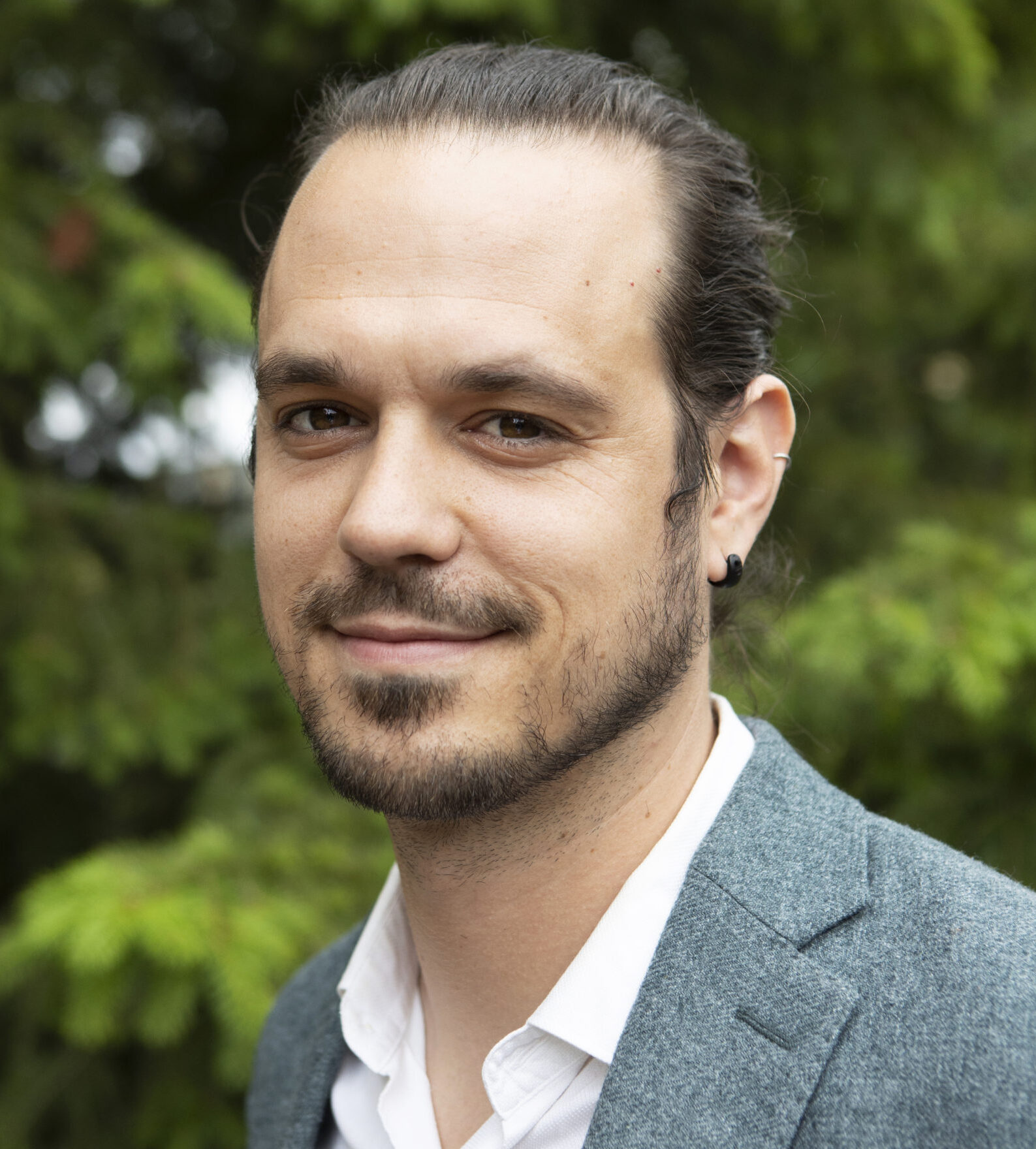In the midst of today’s many uncertainties on our small blue planet, where can we look for a hopeful future? Time and again, the answer we are finding is ‘where you are.’ Undergirding everything we dream about for the future of community, church, and the Earth is the very land under our feet.
This year, more than any other, I have seen churches looking deeply at the place where they are, and reckoning with the complex questions around the future of their physical footprint. This can be driven by necessity and declining resources, but also by a visionary and vulnerable willingness to reshape our relationship with our spaces, to dig deep in relationships for the love of our neighbors, and to allow ourselves to be shaped by the undomesticated Spirit’s movement.
This is generational work which entails turning with great fidelity to our deepest roots as well as finding the courage to shed much of what has come to define us. In this kairos moment, our actions will shape the coming generations.
Thankfully, many churches are living deeply into this moment. Across a wide range of contexts, churches gaining the most traction in this work seem to be cultivating at least three conditions.
First, they deeply embody their counter-cultural vocation as stewards.
Along with material assets, many of us have inherited a culture of place that tells us we are the owners of property, a commodity to be managed for the good of the church. Instead, we are stewards of our corners of the Earth, a gift to be unlocked for the good of all creation.
The Earth is crying out for this shift to take root. Climate breakdown urgently challenges us to transform our relationship with land and to reject theologies that uphold its destruction. With related urgency, a global awakening to the structural sin of racism challenges predominantly white institutions with vast assets – and the power that accrues with them – to transform norms around decision making, accountability, and mission.
Churches leading from this culture shift are cultivating fertile soil for new uses of church space to germinate and sustain.
Secondly, churches that are gaining traction are centeringplace.
Churches are groups of people called to a particular place, in relationship with their neighbors and with creation. Real, physical, local place offers fundamental social and theological parameters for exploring possible futures. As obvious as that may sound, many of us formed in modern, technological societies seem to have a blind spot here. We often gather with far-flung others with whom we identify ideologically, historically or doctrinally. But the future of the place we are ought to emerge from the place we are. Place invites us to the most fundamental spiritual task – to love our neighbor – and to deepen skills of partnership: listening, and accountable decision making. This way of being reflects a related spiritual task: to be incarnationally present in the world. As John 1:14 from The Message puts it: ‘The Word became flesh and blood, and moved into the neighborhood.’
Third, churches gaining traction are growing their capacity for discernment.
While the work of building housing on church land, becoming a hub of climate resilience, or opening a childcare center is highly technical, successful initiatives are built on the solid ground of clear contextual discernment.
Two aspects here are particularly relevant. Discerning congregations are crystal clear about their mission, who they are in relationship with, and what their core values are. Without a north star, it is impossible to navigate. Additionally, discerning congregations embrace not-knowing, curiosity, and mystery. They are patient, trust the process, allow space for pause and reflection, and they allow the shape of visions and projects to emerge over time. For many of us, this is the hardest culture shift of all, but without it, there is less open space for the Spirit to move.
A Movement is Emerging
It is clear that a movement is emerging. It is a movement that has been prophetically led for over a decade by:
- Black church leaders like Rev. Dave Bowers in the Mid Atlantic region’s Faith Based Development Initiative
- Social innovators like Rev. Mark Elsdon
- Grassroots ecumenical leaders here in the Pacific Northwest in the Leaven Land and Housing Coalition, the Church Council of Greater Seattle, and Design for Peace.
This movement is countercultural, sacred, and visionary. It promises to grow wildly wherever communities are willing to dream big dreams with their neighbors, embrace unknowing, and retool both the hardware and the software of our church spaces. For those of us who wish to ‘save the life’ of the church, Jesus’ words are apt – whoever loses their life for my sake will save it.



